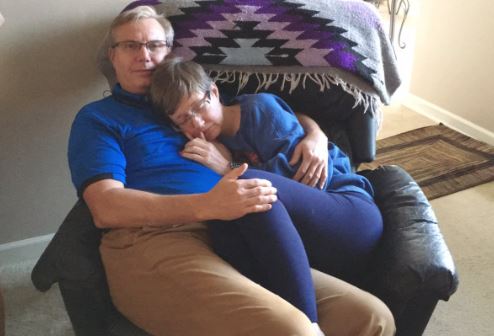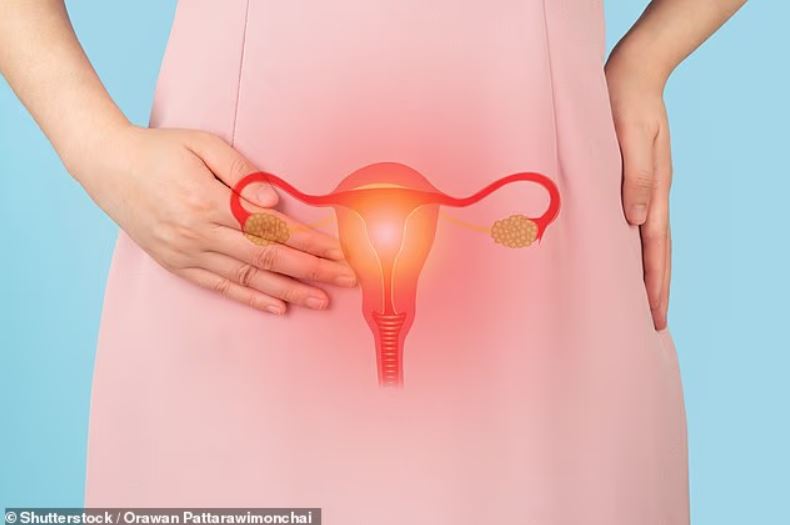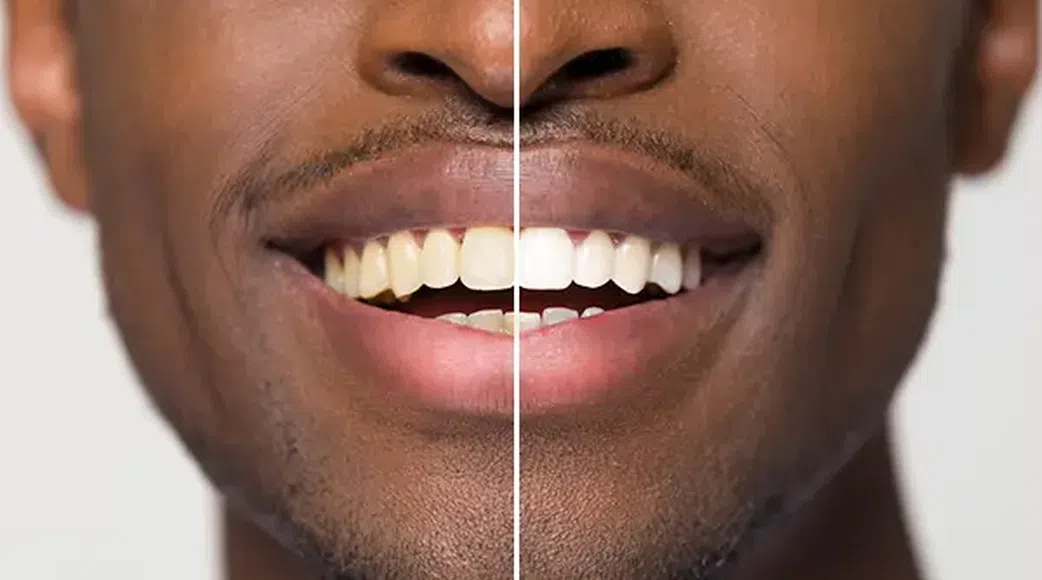Kelli Taylor shared this cute photo of Dad cradling her mum who is in the final stages of young onset dementia. She said her mum doesn’t always remember her dads name but knows she is safe with him. Read her tweet below:
My parents have been married for 34 years. My mom is in the final stages of young onset dementia (diagnosed 5 years ago at 53). My dad cares for her full-time. She doesn’t always remember his name but she knows she is safe with him. If that’s not true love, I don’t know what is.
In 2012 when Phyllis began having trouble with tasks at work. At first we believed it was simple memory loss due to menopause. However, after being released from her job, Phyllis turned to medical tests to determine what was causing this loss of memory. In 2013, Phyllis was diagnosed with a subtype of dementia a shocking diagnosis for a 52-years-young woman… and for her family.
Neurologists tell us there is no cure for dementia; that the medications prescribed will only slow down the progress. Today, Phyllis’ condition has progressed to a point that she cannot be left alone. She is unable to perform simple tasks like pouring a bowl of cereal or dressing herself, has trouble communicating her thoughts and needs, and has forgotten names of family members.
Thankfully, God has provided Stan with a job that permits him to work from home and care for Phyllis with help from friends and family. However, we are quickly moving to a place where more help is needed. This is the reason for our “Phyllis Fund”.
Dementia is not a specific disease. It’s an overall term that describes a group of symptoms associated with a decline in memory or other thinking skills severe enough to reduce a person’s ability to perform everyday activities.
Dementia is often incorrectly referred to as “senility” or “senile dementia,” which reflects the formerly widespread but incorrect belief that serious mental decline is a normal part of aging.
You can read about Phyllis’ condition here , and visit the FTD site for more general information about Frontotemporal Degeneration ( http://www.theaftd.org/ ).

























